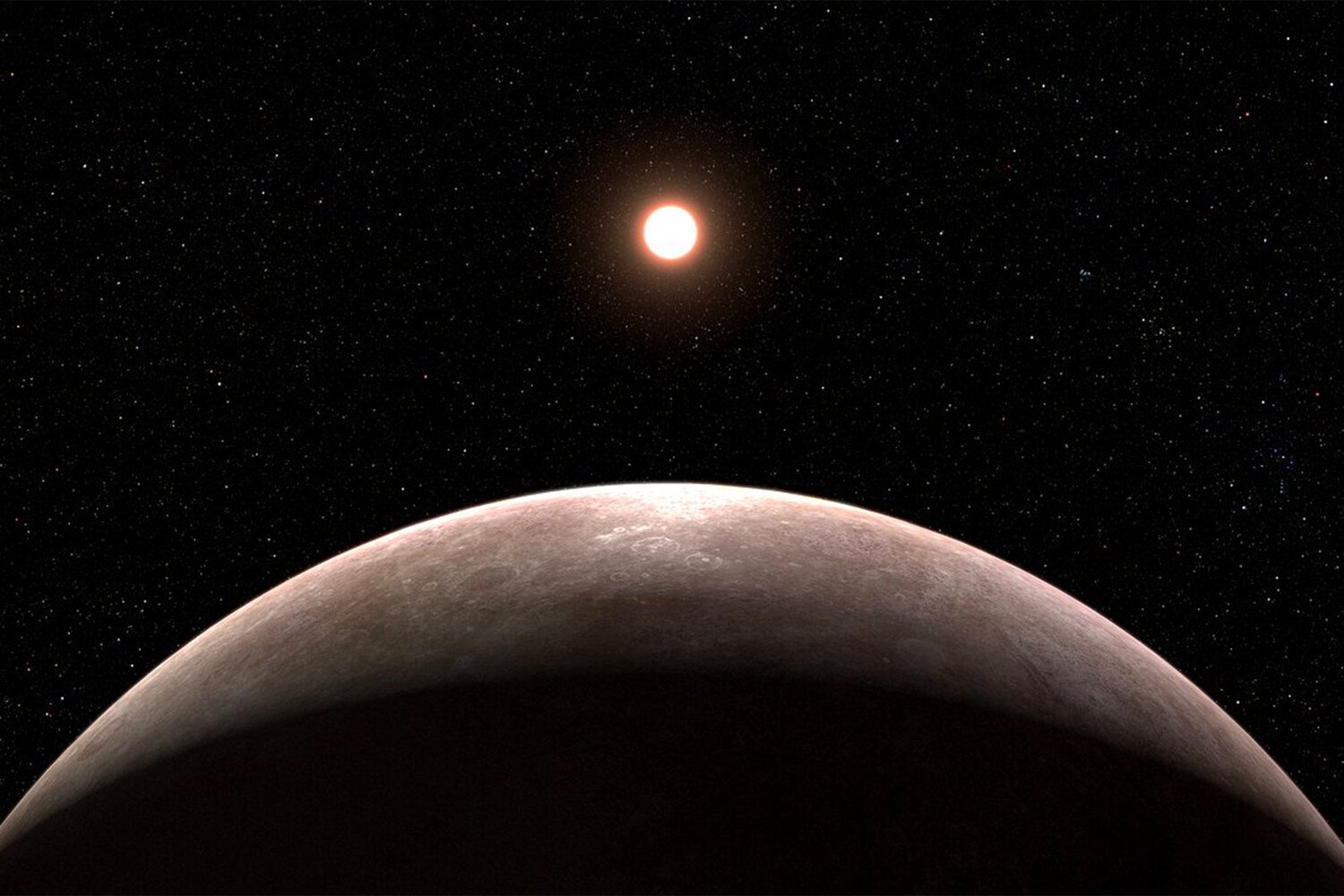The James Webb Space Telescope (JWST) has discovered the first exoplanet, a hot, rocky planet the size of Earth.
Exoplanets are planets outside the solar system, the first of which were discovered in the 1980s. Now, JWST has discovered the first exoplanet 41 light-years away in the constellation Octantus.
The object has been given the designation LHS 475 b and has a diameter about 99% that of Earth’s. Despite the similar size, the new planet is much hotter than Earth.
LHS 475 b was spotted after the shadow the planet casts on its star was discovered. Previous observations from NASA’s Transiting Exoplanet Exploration Satellite (TESS) suggested that LHS 475 b.
Now high-resolution photos taken by JWST have confirmed this. It only took the telescope two passes of the planet in front of its star to discover the exoplanet and determine some of its properties.
At the moment, scientists do not have enough data to determine what type of atmosphere LHS 475 b has, if any. It is not excluded that it consists of pure carbon dioxide.
Telescopes usually find exoplanets larger than Jupiter, about 11 times the size of Earth. This discovery means that with JWST, researchers will be able to search for much smaller stars and planets.
More: website Gulf NewsTo socialize, follow us on Gulf people

